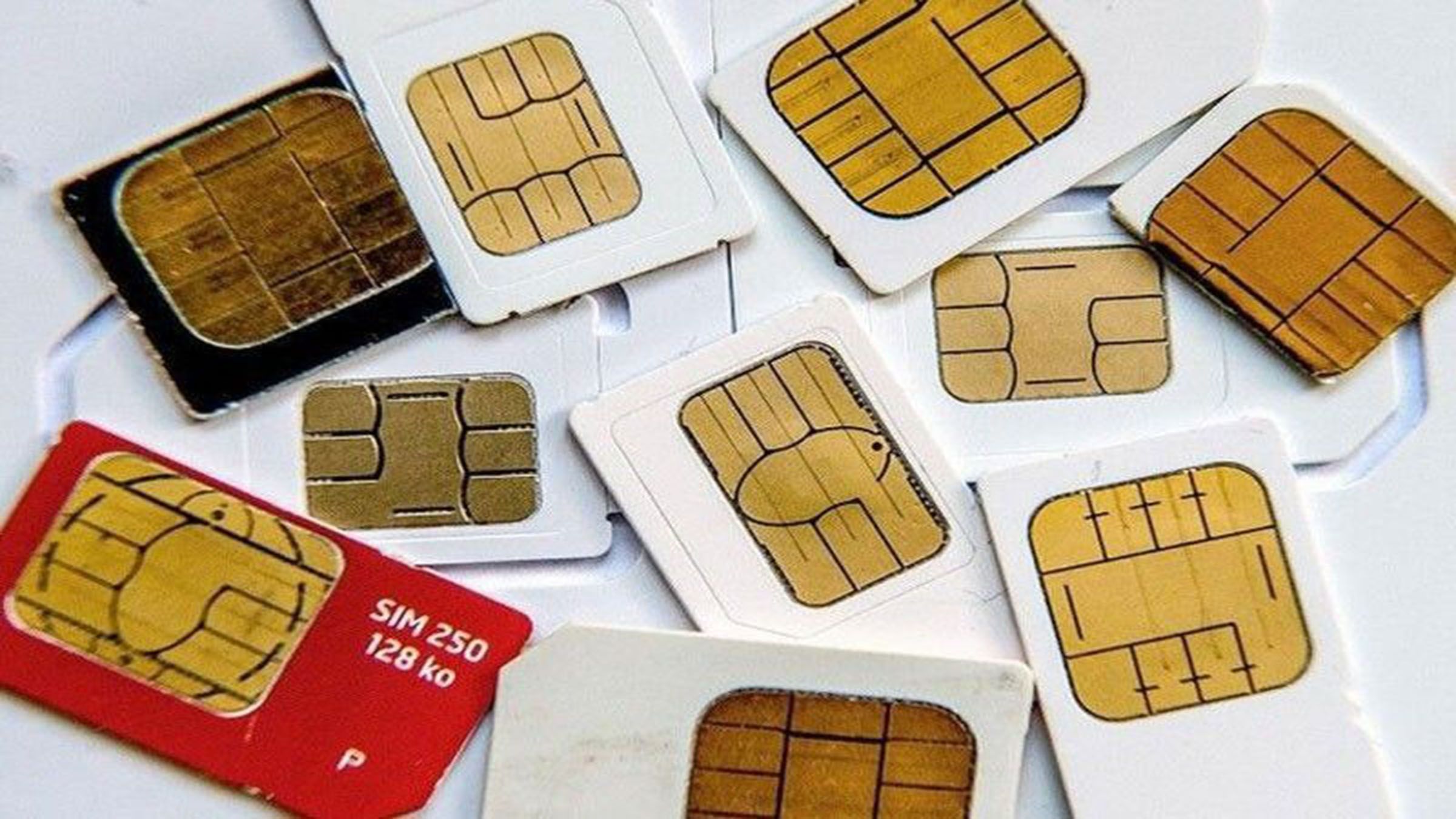House approves House Bill 14 which requires SIM card users to be registered to avoid SMS-based scams.
The House of Representatives approved House Bill 14 on second reading, requiring the registration of all postpaid and prepaid mobile phone subscriber identity module (SIM) cards to lessen online illegal activities.
Lawmakers led by Speaker Martin G. Romualdez are pushing for stricter SIM card registration and expect that their efforts will bear fruit this time, as spam text messages have contained sensitive information such as mobile phone users' identities.
The leaking of such information is a violation of the Data Privacy Act, Business Mirror reported.
The public has been reporting an increase in SMS-based scams or smishing which induces an individual to reveal personal information or be sent directly to a phishing site. It is becoming more personalized and evident during the pandemic when digital adoption accelerated.
Since the scammers were more active with the pandemic, it can be assumed that such data was retrieved from the Covid-19 contact tracing that had been used for fraudulent activities.
As of today, only SIM cards for postpaid mobile subscriptions are required to be registered.
The bill requires every public telecommunications enterprise (PTE) or authorized seller to complete and sign in triplicate a numbered registration form supplied by the PTE.
The form must include an affirmation that the person presenting in front of the seller is the same person who completed the document and that he has presented valid identification cards.
The PTE or its authorized vendor may refuse to sell a SIM card if the end user refuses to comply with the registration requirement, which also applies to foreigners.
Kabataan Party-list Rep. Raoul Manuel questioned the implied link between the bill's implementation and crime prevention.
Citing data from the Global System for Mobile Communications in 2016, Manuel cited empirical evidence that proves mandatory SIM card registration would reduce crime. He noted that this measure was seen as counterproductive in other countries as it led to the rise of black markets for unregistered SIM cards, identity fraud, and data breaches.
“The results were the opposite of what the SIM card registration promised. We have yet to find enough evidence of its intended effects given the experiences of other countries,” Inquirer quoted Manuel.
In response, Navotas Rep. Tobias Tiangco, who chairs the Committee on Information and Communications Technology, said the bill is not an immediate answer to the current issue on text scams.
“Hindi naman porket pinasa natin iyong SIM card registration, lahat po ng scam na ginagamitan ng cellphone ay nareresolbahan natin. Ngunit ito po ang unang hakbang. This is the first step,” Tiangco added
Tiangco then confirmed that all information obtained through the mandatory SIM card registration would be kept "absolutely confidential" in accordance with data privacy protection legislation.
However, he added that "information may be disclosed subject to reasonable grounds and court orders under the principle of due process." for the sake of security and crime prevention.
Tiangco doubted that data can become prone to being lost or abused with the bill as he noted that personal data were already being collected from those buying prepaid SIM cards.
“The only difference is that if this bill is passed into law, all those intending to buy a SIM card will be asked for such information, not just prepaid SIM card users,” Tiangco said
Tags: #SMS, #SimCards, #Data, #Scam
